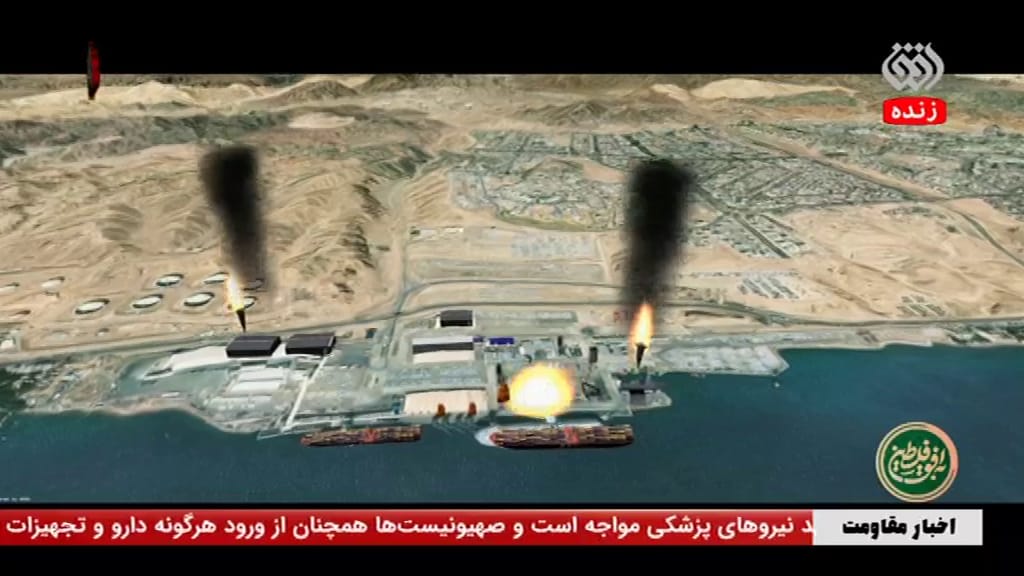
Iraqi scholar Dr. Abdul Jabbar Al-Rifaee said in an August 7, 2019 interview on Al-Araby TV (U.K.) that modern sciences have been developing for 500 years in many fields, and he asked how much of the contribution to this has come from the Islamic world. Giving the example of the Nobel Prize, which he explained has been given to hundreds of people over the past 100 years or so, Al-Rifaee pointed out that very few of the Nobel Prize recipients have been Muslim, particularly when one considers how large the Muslim population is in the world. Al-Rifaee said that the problem lies in Muslims' historical memory, which he said is suffocating them, and he said: "I am not calling to erase or cancel our heritage. However, we must examine heritage through the lens of the [modern] age."
Dr. Abdul Jabbar Al-Rifaee: For 500 years, modern sciences have been forming in a variety of fields – natural sciences, applied sciences, philosophy, social sciences, humanities… What has been the Islamic world's contribution to all of this? Let's be honest. Let's answer honestly. The Nobel Prize, which is a very distinguished prize, has been awarded from the beginning of the 20th century and until today. It has been awarded to hundreds of people who have made discoveries in the various fields. How many Muslim scientists have been awarded this prize for their discoveries? Especially considering that, demographically, the Islamic world constitutes a large portion of the world's population. So there is a problem. The problem lies in the burden of [historical] memory. What our culture refers to as loyalty to its heritage is, in fact, a prison that suffocates Muslims.
Interviewer: Okay, so this idea…
Dr. Abdul Jabbar Al-Rifaee: I am not calling to erase or cancel our heritage. However, we must examine our heritage through the lens of the [modern] age, rather than from a perspective developed by [Imam] Al-Shafi'i 12 centuries ago.













